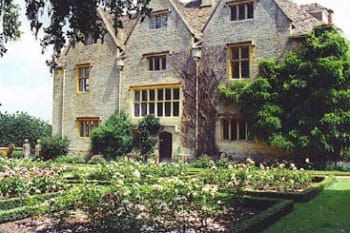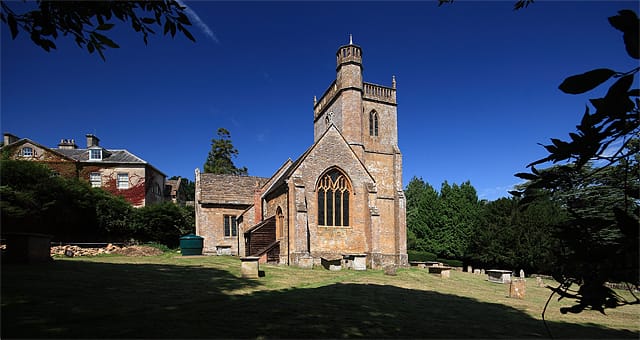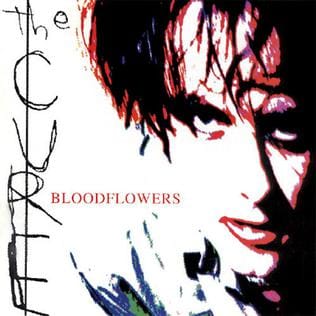'Burnt Norton' and rose gardens

The rose petals in Beauty and the Beast are a measure of time passing.
Time present and time past
Are both perhaps present in time future,
And time future contained in time past.
If all time is eternally present
All time is unredeemable.
It reminds me of T.S. Eliot's poem Burnt Norton, set at a country house (above) in the Cotswolds in Gloucestershire. Nowadays people like to get married there, but back in the 1930's, Eliot visited it frequently and the house and its rose garden evoked in him a nostalgia for Britain’s faded splendor and more besides... The ghosts and sounds of children playing that he sensed in the strange mix of past-in-the-present-and-future can still be felt in such places. The poem is from 1935 and it echoes lines in Robert Frost's The Road Not Taken (1916). Burnt Norton is my favorite Eliot poem:
Footfalls echo in the memory
Down the passage which we did not take
Towards the door we never opened
Into the rose-garden.

Eliot is buried in St. Michael’s Church (shown above) in East Coker, near Yeovil in Somerset, from where one of his ancestors had emigrated to Massachusetts in the 17th century. The town gave its name to the second of the Four Quartets. The third and fourth poems are The Dry Salvages and Little Gidding.
The Four Quartets are my favorite poems and I share the view that there are exquisite correspondences: Burnt Norton (autumn/air), East Coker (summer/earth), The Dry Salvages (spring/water), Little Gidding (winter/fire).
And the end of all our exploring
Will be to arrive where we started
And know the place for the first time.
Reminds me of the lyrics of two great songs, the first from Pink Floyd (Time):
Tired of lying in the sunshine, staying home to watch the rain
And you are young and life is long, and there is time to kill today
And then one day you find ten years have got behind you
No one told you when to run, you missed the starting gun

and then The Cure's Bloodflowers:
"This world always stops," I said
"This wonder always leaves
The time always comes to say goodbye
This tide always turns," I said
"This night always falls again
And these flowers will always die"

